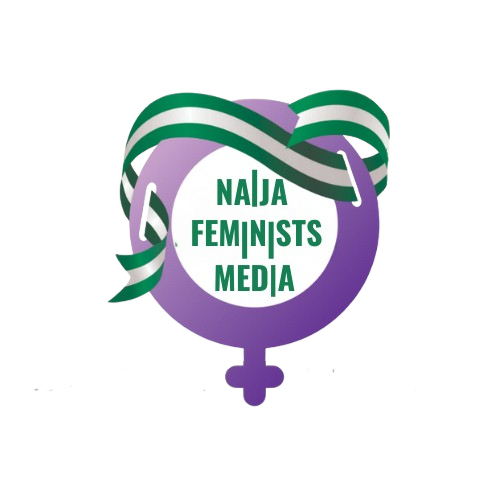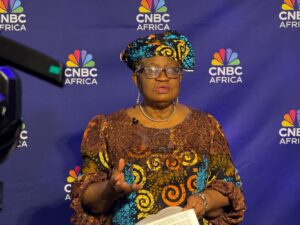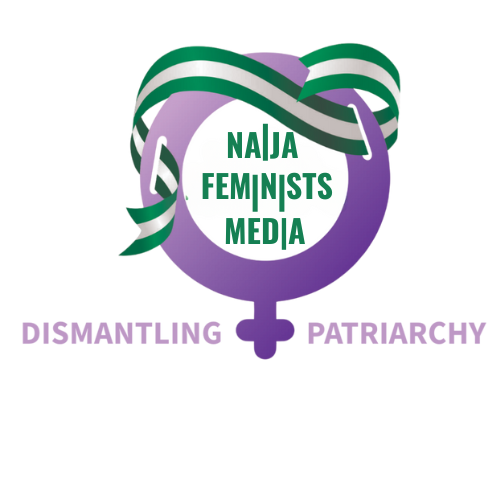|
Getting your Trinity Audio player ready...
|
Summary
The International Day for the Elimination of Violence against Women highlights the pervasive violence Nigerian women face, from physical abuse to economic and psychological control, often normalized by culture, religion, and societal institutions. The "I Am Not Your Prey or Afraid No More" campaign calls for systemic change, demanding legal enforcement, education, and societal accountability to end male violence and ensure women's right to live without fear.
Today, November 25th, marks the International Day for the Elimination of Violence against Women, yet Nigerian women face violence at rates too high to ignore. According to UN Women, 1 in 3 Nigerian women experience physical or sexual violence in their lifetime, with most cases going unreported due to social stigma and institutional barriers.
The Naija Feminists Media’s 16 Days of Activism campaign “I Am Not Your Prey or Afraid No More” speaks to the heart of what Nigerian women experience. Every day brings news of another woman beaten by her husband, another girl raped by someone she trusted, another female student harassed by her teacher. When will Nigerian society stop treating women’s bodies as battlegrounds?
Women face violence in spaces where they should feel safe. At home, husbands claim tradition and religion justify abuse. At work, bosses demand sexual favours for promotions. In schools, lecturers threaten students’ grades. On the streets, women get harassed for existing. In places of worship, leaders silence victims to protect male perpetrators. How do we build a society where women live life with fear?
The violence takes forms beyond physical assault. Men control women’s finances, isolate them from family, monitor their movements, and dictate their choices. This economic and psychological abuse traps women in cycles of dependence. Nigerian culture normalises this control as “protection” or “leadership,” masking abuse behind benevolent sexism.
Police dismiss domestic violence as a “family matter.” Families pressure women to stay with abusive partners to avoid shame. Religious leaders counsel submission instead of safety. These institutions work together to maintain male dominance through violence.
The 16 Days campaign breaks this institutional silence. Women share stories of survival. Communities learn to recognise abuse patterns. Organisations provide resources for escape. Most importantly, the campaign shows violence against women as a societal problem requiring societal solutions, not private shame requiring silent endurance.
Nigerian women need more than awareness. We need laws with real enforcement. We need police who take male violence against women as a crime. We need courts that protect victims, not perpetrators. We need shelters and support services. We need economic opportunities for independence. We need an education that teaches consent and respect.
Male violence thrives in silence. Each woman who speaks makes it harder for abusers to hide. Each community that stands with survivors makes it harder for institutions to ignore. Each person who challenges abuse culture makes it harder for violence to continue.
The message “I Am Not Your Prey” rejects the idea that women exist for male consumption. “Afraid No More,” declares an end to fear-based control. Together these statements demand fundamental change in how Nigerian society treats women.
Change starts with naming the problem: male violence against women. Not “gender-based violence,” which obscures who does what to whom. Not “domestic issues” that privatise public crimes. Not “cultural practices” that excuse human rights violations.
Nigerian women deserve to live without fear, to walk the streets without harassment, to work without exploitation, to learn without abuse, to love without violence, and to exist without threat. These rights belong to women by virtue of being human, not gifts men can give or take away.
The International Day for Elimination of Violence against Women reminds us this fight continues globally. But Nigerian women fight local battles daily. Against husbands who claim beating shows love. Against communities that shame divorced women but praise abusive men. Against systems protecting male power through female pain.
Speaking against male violence brings backlash. Men claim victimhood when losing privileges. Traditional leaders wail about Western influence when women demand rights. Religious figures warn of family breakdown when women seek safety. But Nigerian women keep speaking, keep fighting, and keep demanding change.
This day belongs to every woman who said no to violence. Who left an abuser. Who reported assault. Who supported a survivor. Who taught her daughter to demand respect. Who refused to accept male violence as natural or inevitable. Their courage lights the way forward.













